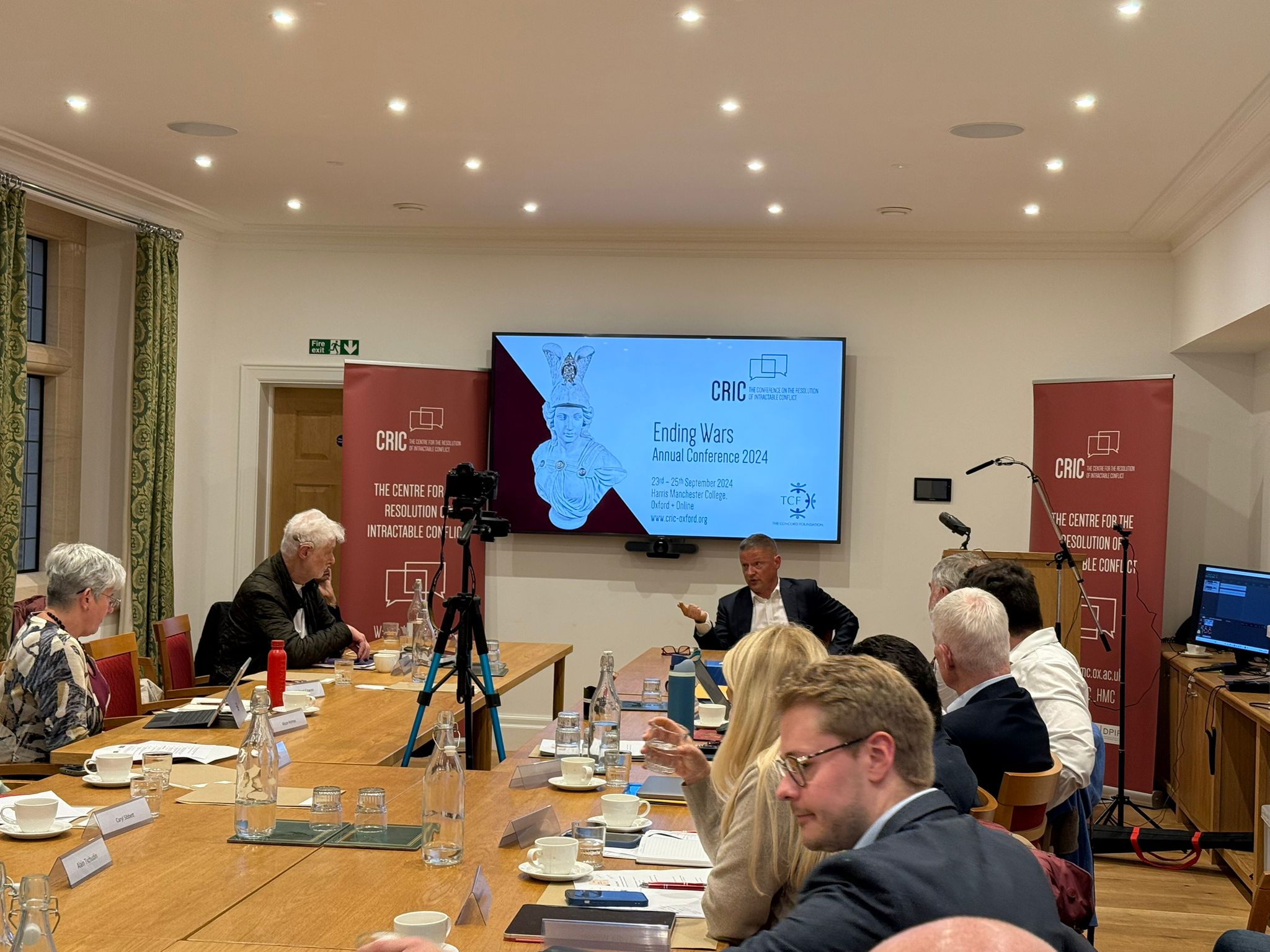The University of Oxford is currently hosting the annual Conference on the Resolution of Intractable Conflict (CRIC), bringing together a multi-disciplinary network of researchers who utilize cutting-edge methods from cognitive, behavioral, and biological sciences.
The event is taking place against the backdrop of an increasingly tense global geo-political climate, including the escalating violence in the Russia-Ukraine war, the Israel-Palestine conflict, and the spread of unrest across the Middle East, Sudan, Africa, and Asia.
This year’s conference theme, “Ending Wars,” aims to address two critical perspectives:
1. Whether the current global crises—such as ongoing wars and climate disasters—could inspire new approaches to resolving deep-seated conflicts, similar to the peace efforts that followed the two world wars of the 20th century.
2. For those focused on more immediate goals, the conference will explore strategies for ending the overlapping and ongoing wars that plague our world today.
Our director, Rafał Rogulski, spoke yesterday on the topic “Preventing War as Ending War - International Dialogue on History,” where we introduced our network’s efforts and outlined how we aim to leverage 20th-century history as a resource to educate and guide future generations in conflict prevention.
We extend our gratitude for the invitation and look forward to two more days of engaging discussions and diverse perspectives.
Read more about the conference here.

CRIC Conference on Conflict Resolution Underway at the University of Oxford
